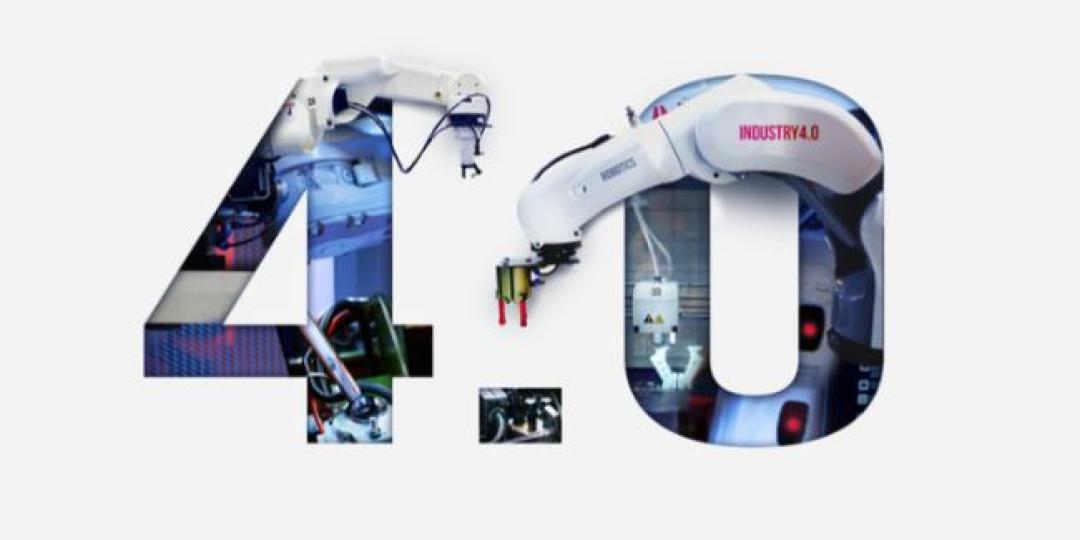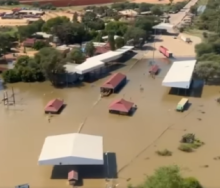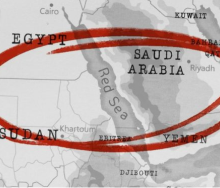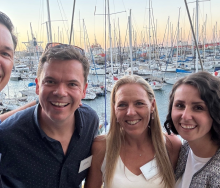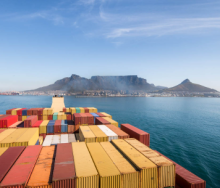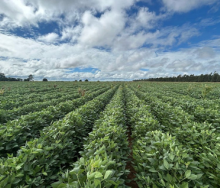Whether it’s the technologically innovative re-engineering of systems and services or the black swan upheaval Covid-19 has had on global trade, one thing is certain, the so-called new normal can be summed up in one universally understood word – disruption.
As for the 4th Industrial Revolution (4IR) and the impact it has already had - and is having - on the world, disruption isn’t necessarily just negative in the view of Linernet’s Lance Pullan.
“It depends on your perspective.”
Speaking at a Transnet-hosted webinar on Wednesday about 4IR, the founder of the data and analysis venture said the freight sector was intrinsically well suited for the challenges of 4IR.
“The logistics industry is fundamentally a connector and is therefore very well aligned with the 4th industrial revolution.”
Moreover, as has happened with the coronavirus, disruption is going to happen and we’ll just have to get used to it.
However, the effect disruption has on people at an individual and organisational level deserves deeper examination.
“Primarily it affects people that are the established gate-keepers and that have an advantage."
As collective interests grow and competition inversely shrinks, established industry players will find it the hardest to accept and adapt to the ever-changing paradigm of ‘disruptus naturalis’.
Maersk’s block-chain launch of TradeLens in conjunction with software partners and industry competitors, although well intended, essentially showed how the need for adequately responding to cyber threats can also be a self-created invitation for tumult.
“They effectively disrupted themselves,” Pullan added.
He also spoke about big data, a dreaded phrase in certain circles, and said it was unavoidable as it went hand-in-hand with doing things fundamentally different.
“In terms of the specific key technological advancements that have facilitated the 4th industrial revolution, we have to talk about big data. It’s something we’re going to have to get used to.
“Imagine a port system where you have all the straddle carriers, reach stackers and ship-to-shore cranes talking to each other, to vessels and trucks; every time something moves it’s creating a data point which essentially is more and more data created on a continuous basis.”
This underlying information principle of a hyper-connected world in which we were increasingly finding ourselves, Pullan emphasised, would continue to grow exponentially.
Success in the future, he said, would be predicated on our capability to harness the potential of big data.
“Our ability to collect it, to store it, and to index it in a way that we can use information more meaningfully will become a very important skill and is something we all have to accept.”
It’s also the reason why companies are increasingly looking for people with data-driven management experience, as in the case of Yolisa Kani, former head of strategy at Uber who has joined Transnet in a similar capacity.
